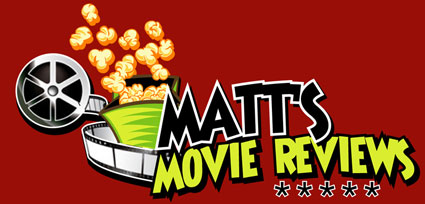Primal and inquisitive man clash in The Master, Paul Thomas Anderson’s exploration of the post WWII American psyche where matters of the spirit and the mind are thought provokingly raised and beautifully portrayed.
Much like Anderson’s last feature There Will Be Blood, the subject of religion in America is prominent in his work. While …Blood featured an extreme form of evangelical Protestantism during the oil boom, The Master has its gaze on a cult-like movement that flourishes during a time when the nation was still reeling from its participation in a world war that brought forth unspeakable horrors and saw shattered souls looking for solace.
The Master is not so much a damnation of religion (if what is presented here can be deemed a religion at all) as it is an examination of what happens when an infallible figure meets a free spirit whose calling card is chaos.
That chaotic spirit is personified in Freddie Quell, a WWII veteran, alcoholic, sex fiend and incredibly complex man. Portraying Freddie is Joaquin Phoenix, the incredibly talented Oscar nominated actor who hasn’t acted on the big screen since James Grey’s 2007 drama Two Lovers (that’s if you don’t count his 2008 faux-documentary I’m Still Here that soured a lot of mouths in Hollywood).
With dark eyes, clenched jaw, weathered frame and shuffling walk, Phoenix personifies a man of broken mind and abused body to astonishingly remarkable and even confronting results. Freddie is a character that is not easy to like, even though he is a sympathetic creature.
Sympathetic to Freddie’s plight is Lancaster Dodd, the leader of a small yet prestigious cult-like group named “The Cause”. If Freddie is chaos and instinct, then Lancaster is order and method as dictated through his version of the workings of the universe, and how with his help and techniques you can become the master of it.
The Master marks Hoffman’s fifth and most complete collaboration with Anderson. He projects that confidence, wisdom and charisma needed to believe that others would follow Lancaster’s path no matter how insane his well-articulated beliefs about a trillion year old universe, space travelling souls and other psychological musings. As written by Anderson and performed by Hoffman, Lancaster is indeed an intelligent man yet one whose delusions of superiority has made him blind to his own lies.
The Master doesn’t in any way present itself as a condemnation of religious belief. In fact the majority of the beliefs and “rituals” that is part of “The Cause” have a much more psychological bent than a spiritual one, the type of new-age-self-help nonsense suited for the Oprah Winfrey show rather than the pulpit.
What Anderson does do is place a spotlight on a pivotal moment in American history, where a shell shocked nation gave opportunity for figures like Lancaster Dodd to provide “answers” to hard questions and direction to wandering souls, Dodd dispensing psychological and philosophical candy that is tasty in the short term, yet it’s long term effects are damaging.
Great direction, performances, photography (Mihai Malaimare Jr.) and score (Johnny Greenwood) makes The Master an engrossing and thoughtful exploration. But felt most of all is the relationship and juxtaposition between these two men: master and disciple, civilised charlatan and tortured brute, humans one and all. |
